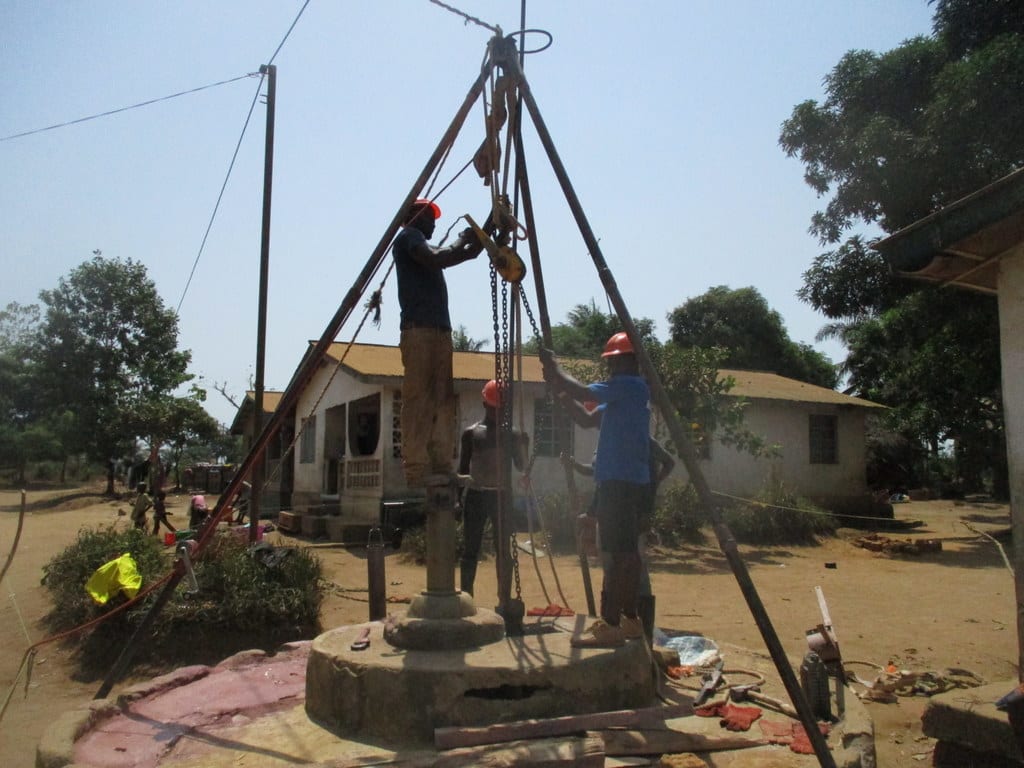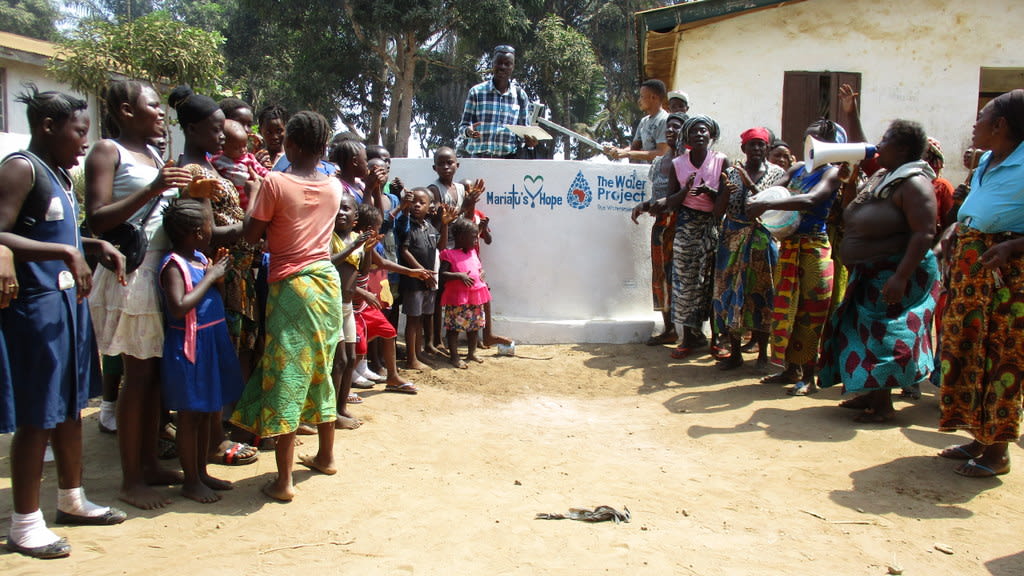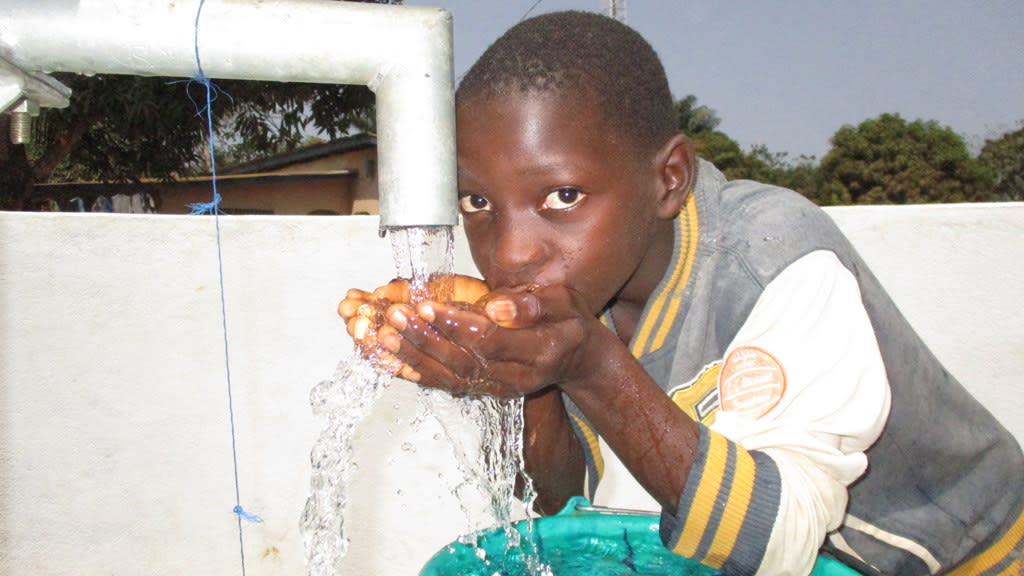Water shortage is an overwhelming problem in this community. The meager incomes of the average family cannot afford the purchase of packaged water. When the nearest well becomes inaccessible either due to controls or rationing, they resort to drinking from the swamp. This unsafe and contaminated water is a constant source of infections and waterborne diseases. As a result, most deaths here are caused by diseases such as cholera and diarrhea, particularly in the rainy season.
The good news is that we can help solve this problem for the 211 people who live here.
The well marked for this overhaul is dry for four months every year and needs major work to supply adequate, clean water to the community year round. The pump will be removed, and a hand auger will be lowered inside and powered by a drill team. This hand auger will allow the team to drill several meters deeper to hit a sufficient water column that will ensure the well supplies water throughout all seasons.
As the team drills, the casing will be installed, transforming the bottom of this hand-dug well into a borehole. PVC piping will connect this lower system directly to the pump, a construction that we know will also improve the quality of water.
Once this plan is implemented, everyone within the community will have access to safe drinking water in both quality and quantity, even through the dry months.
"Contaminated water in one of our war camps almost killed me during the war. So, safe water is a must for me and I will be very happy when this project holds through," said Pa Mohamed Jalloh.
Tholmossor is an urban community that is quite peaceful. This section is filled with homes of people who were injured during Sierra Leone's civil war (1991-2002). There used to be lots of vegetation here but the deforestation for the construction of the amputee homes drastically reduced the vegetation. However, the people have started planting trees around - and in the very near future, this community will be vegetated once again.
One occupation that comes to most people’s minds when you mention an amputee is begging, at least in Africa. But the amputees here have defied that expectation by engaging income-generating activities like farming and petty trading. They trade everyday items and then use that profit for gardening vegetables. The proceeds from this gardening are then used to support their homes.
Here people wake up very early in the morning. To start with, all the kids here go to school. So parents have to wake up very early to prepare the kids for school as they are expected to be in school for devotions by 8 am. Those who go to the farm, depending on whether it is harvest or planting season, concentrate on their farming activities for most of the day. When the men have the time, they come home and bathe and then find a place to hang around with friends. The women are left with the domestic affairs until nightfall.
Life is made more difficult by the fact that there is no nearby safe and reliable water source. As a result, these people must spend time traveling to get to water - an activity that is even harder for people with disabilities in this community. Packaged water is easy to get, but it is too costly. In addition, families here face challenges due to a poor state of sanitation and hygiene.
That too will be addressed. There will be hygiene and sanitation training sessions offered for three days in a row.
No handwashing stations were observed here. After our visit, the hygiene and sanitation trainer decided it would be best to teach community members how to build a tippy tap (a hand-washing station built with a jerrycan, string, and sticks). They will use these tippy taps for handwashing demonstrations, and will also teach about other tools like dish racks and the importance of properly penning in animals.
These trainings will also strengthen the water user committee that manages and maintains this well. They enforce proper behavior and report to us whenever they need our help in solving a serious problem, like a pump breakdown.

 Borehole Well and Hand Pump
Borehole Well and Hand Pump




































